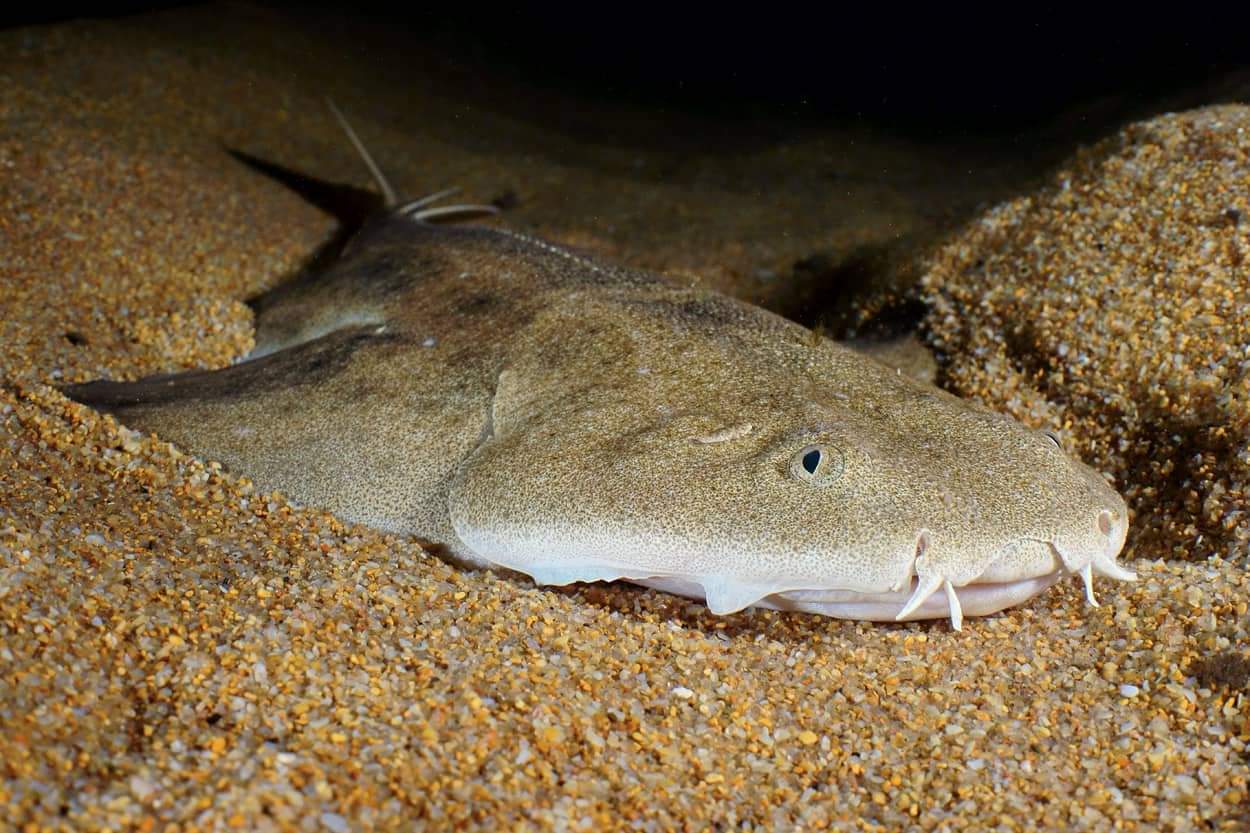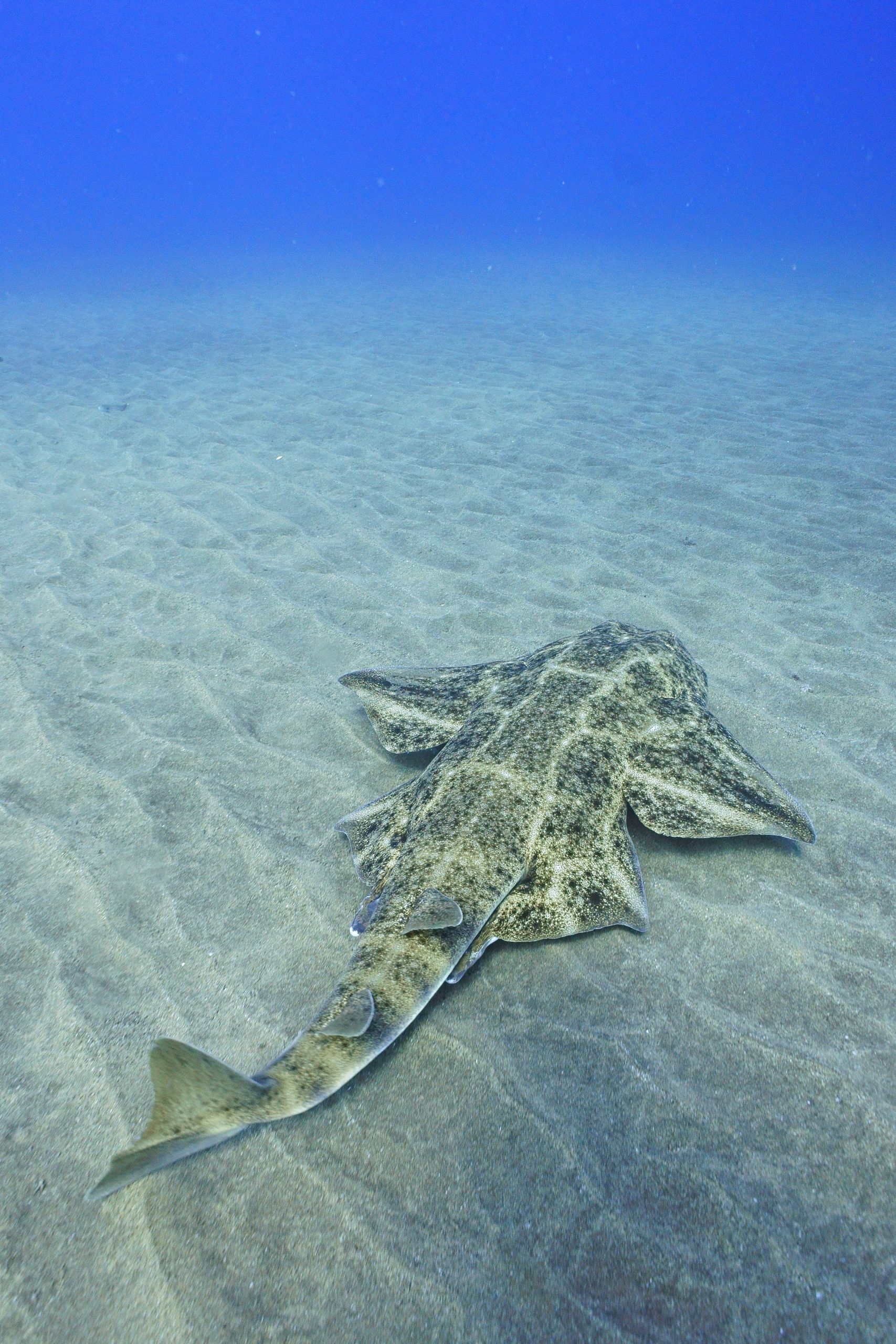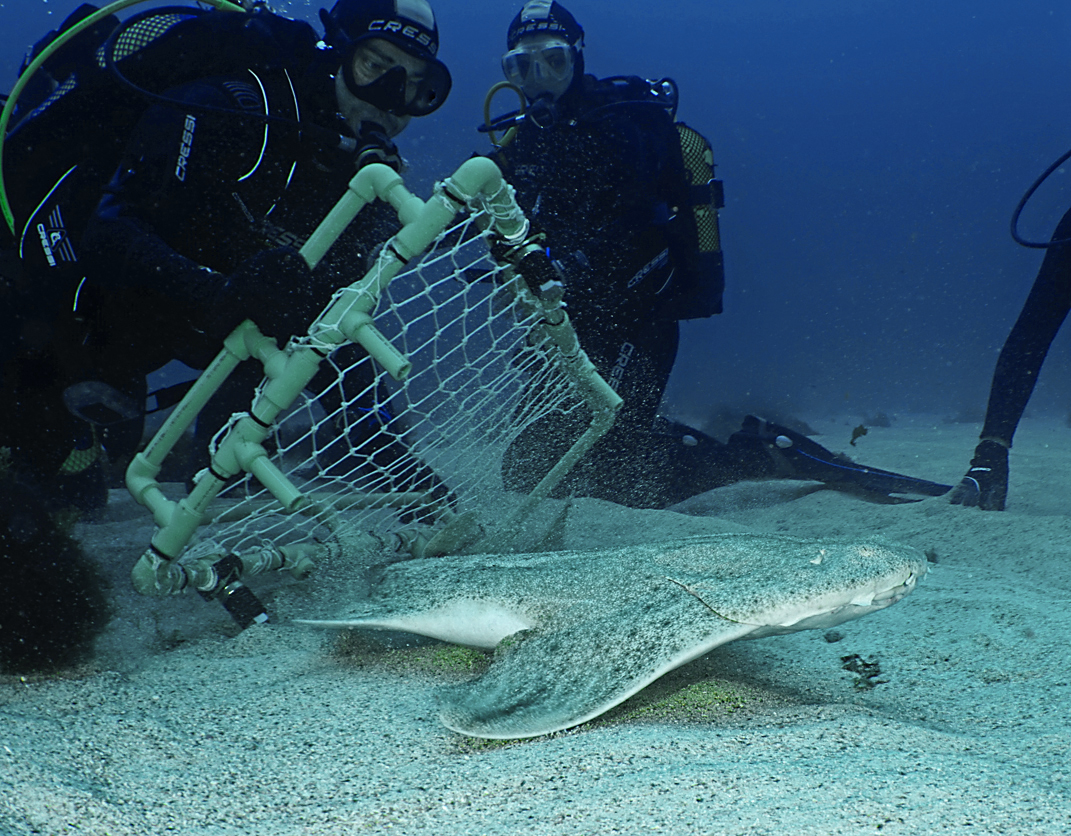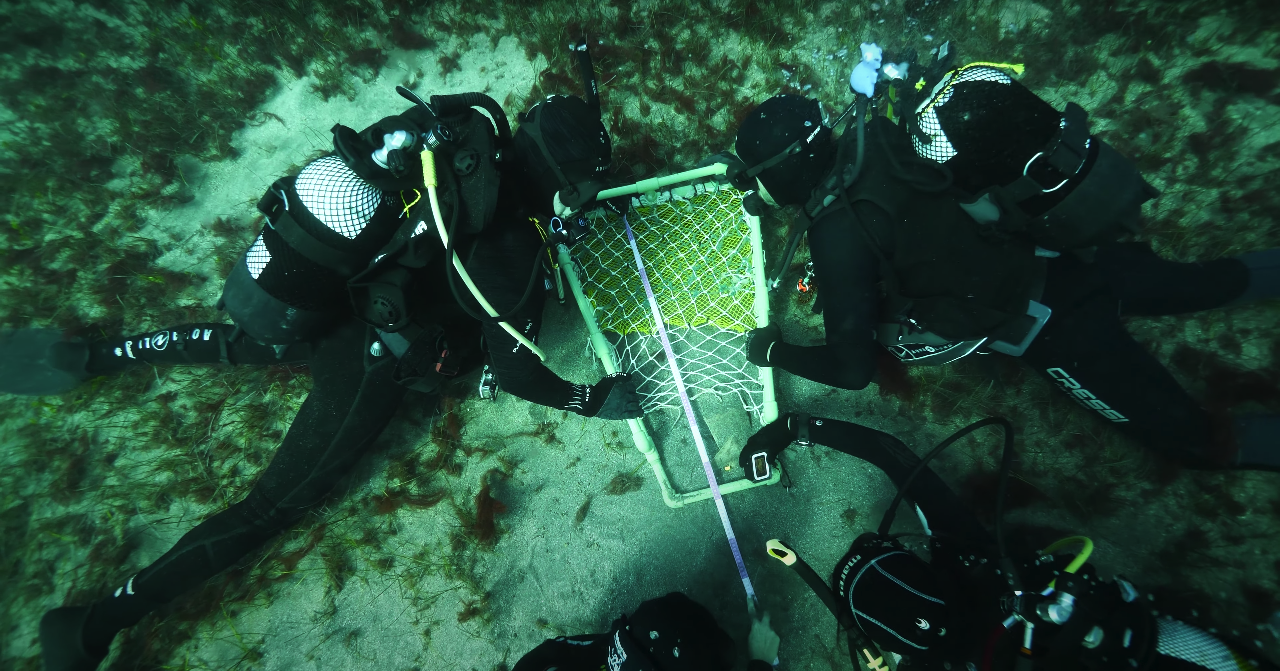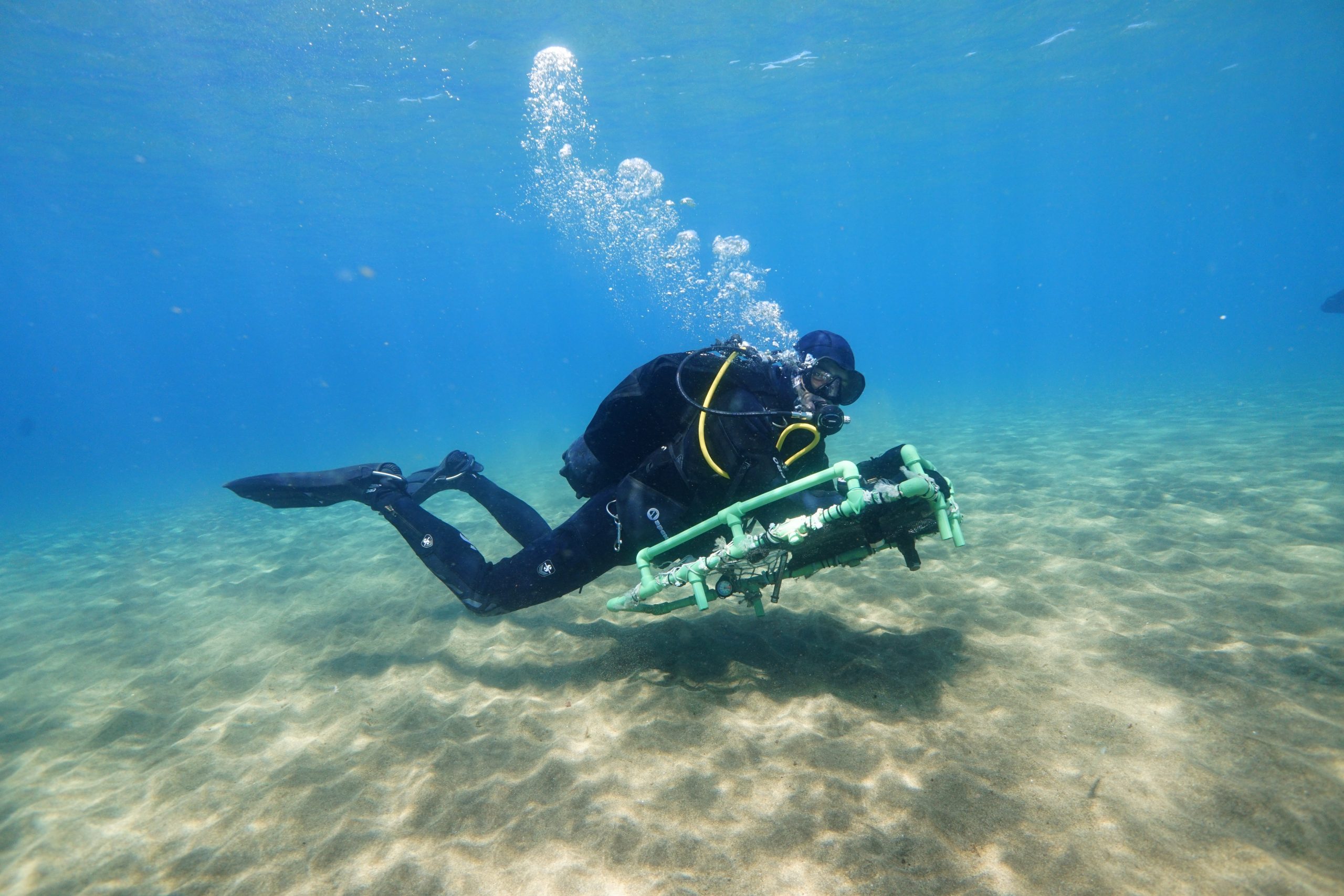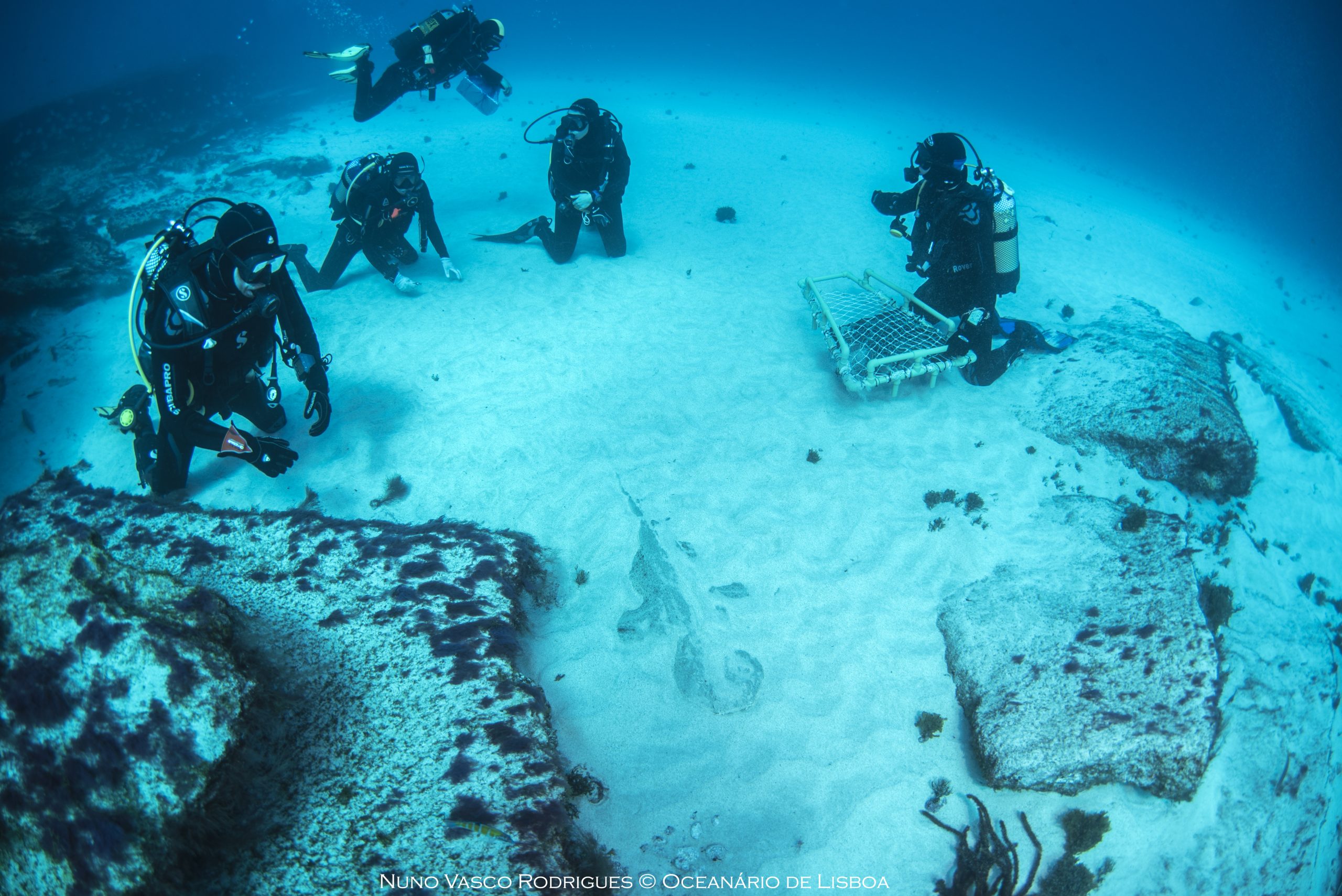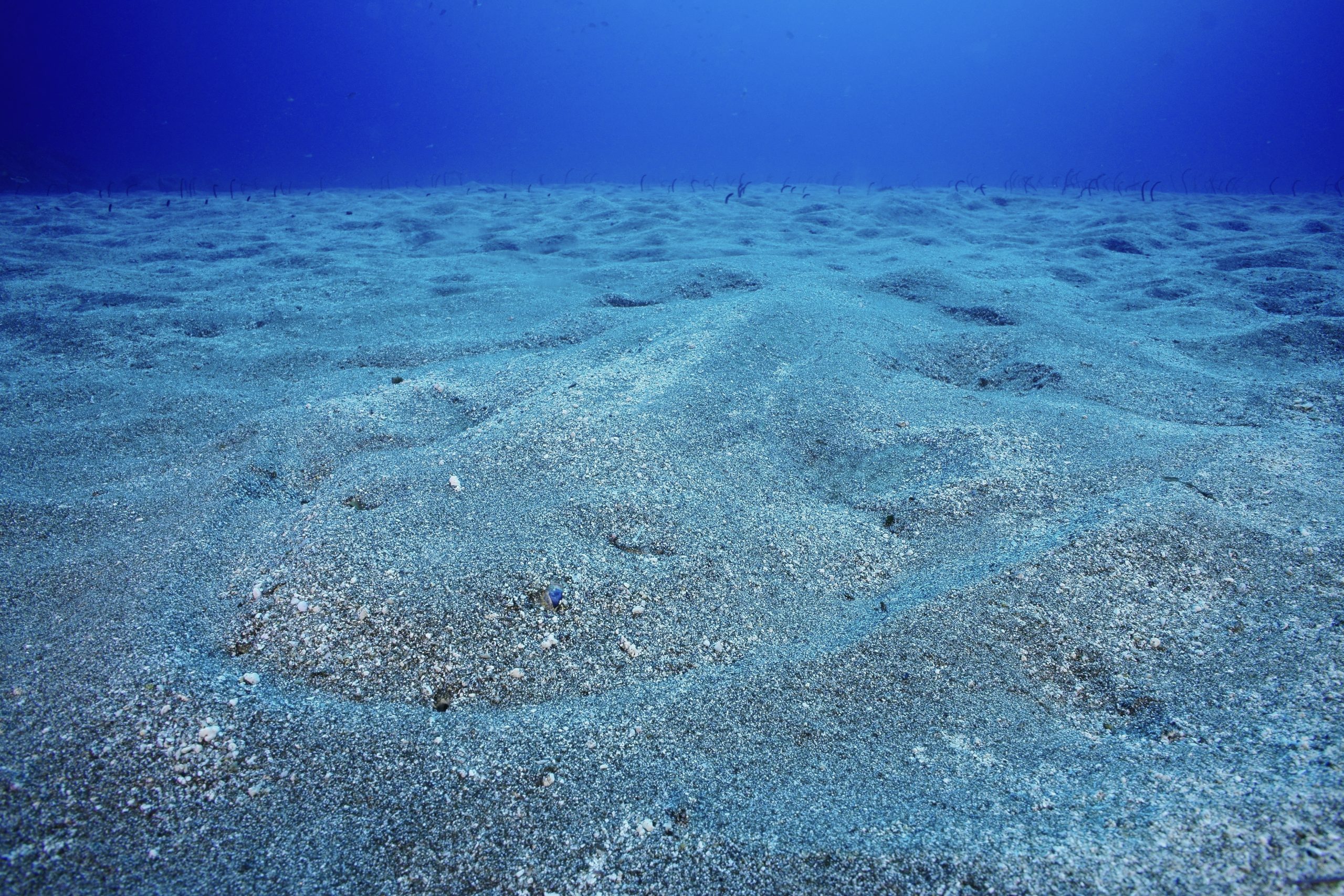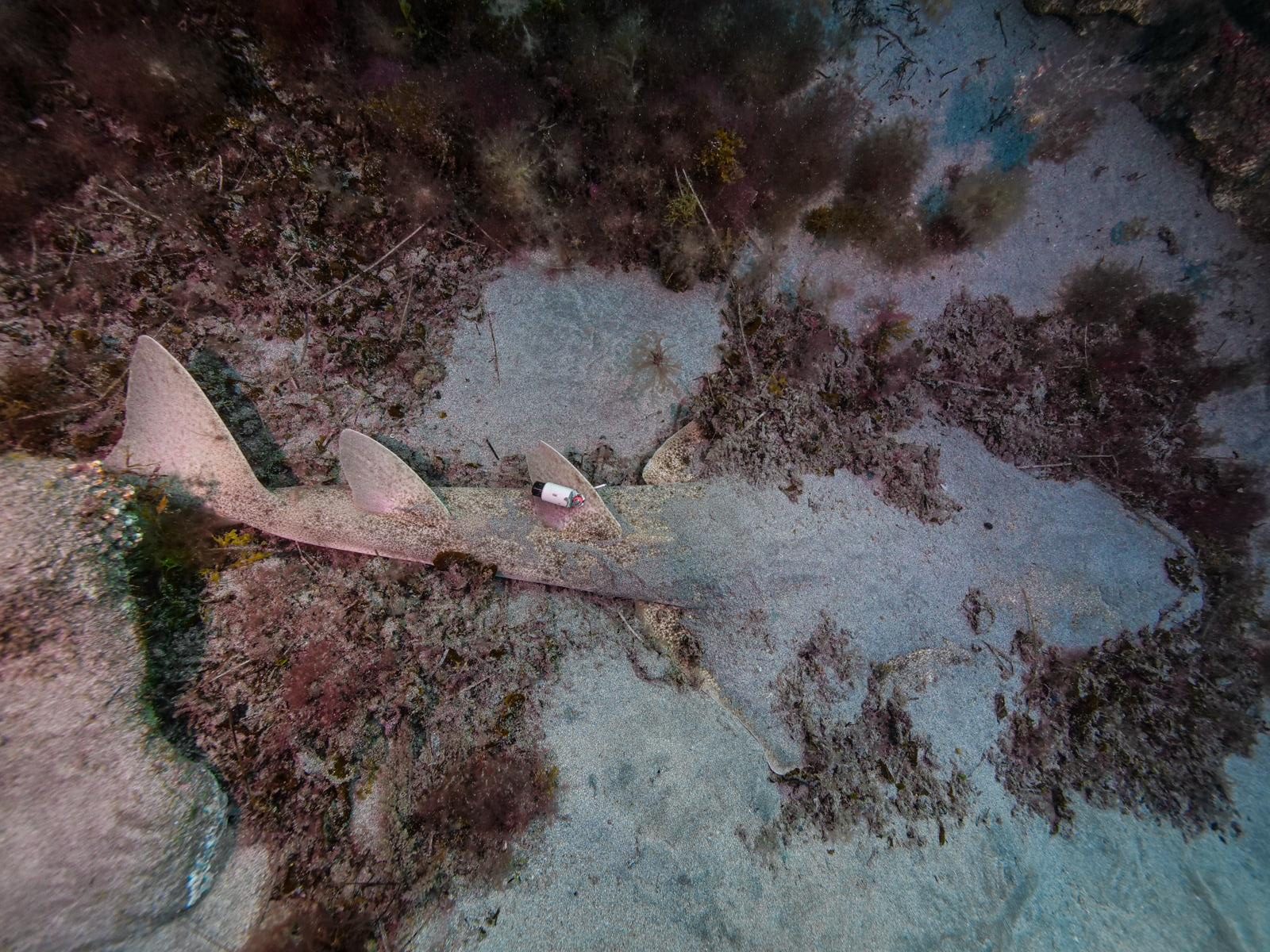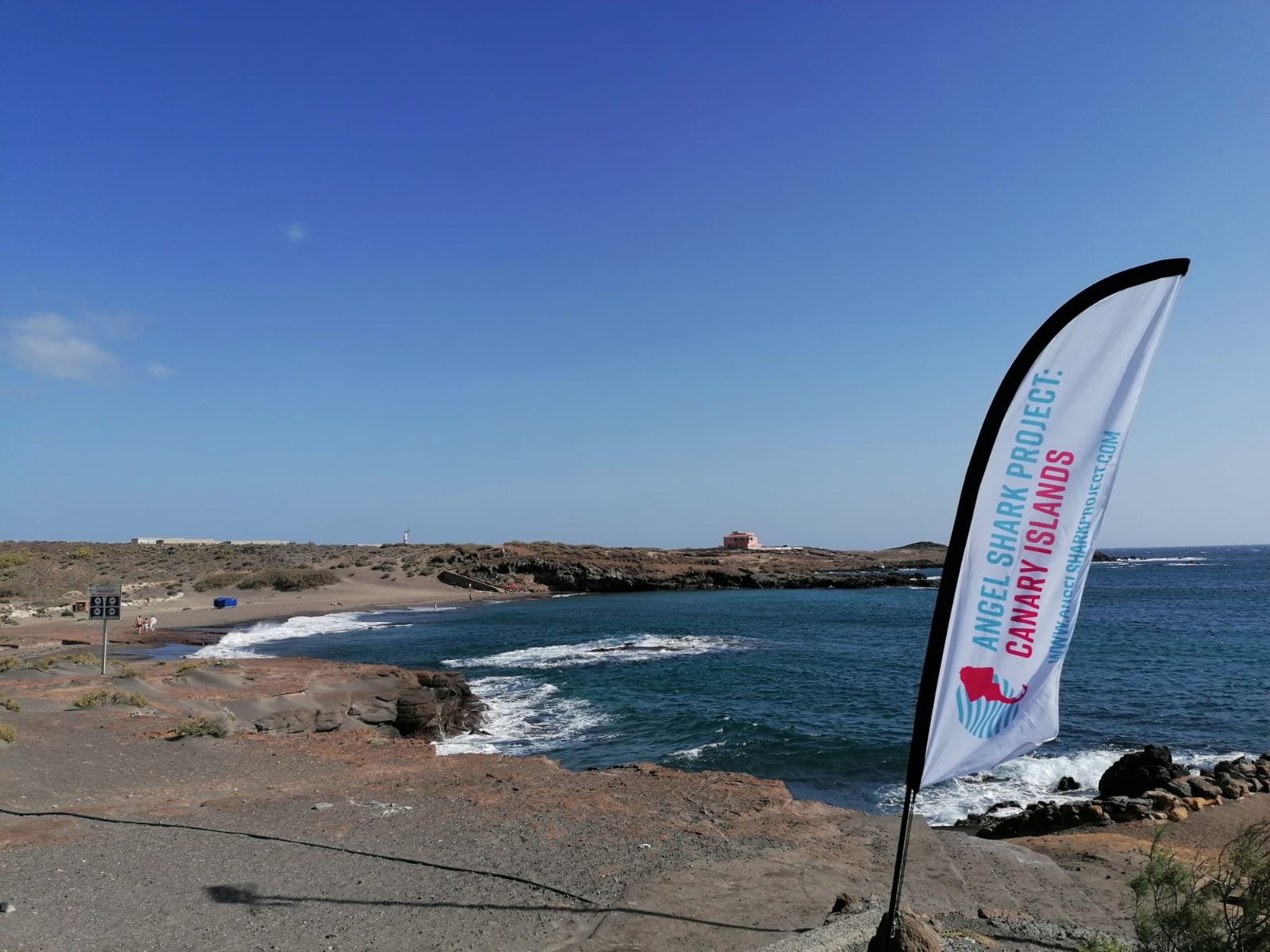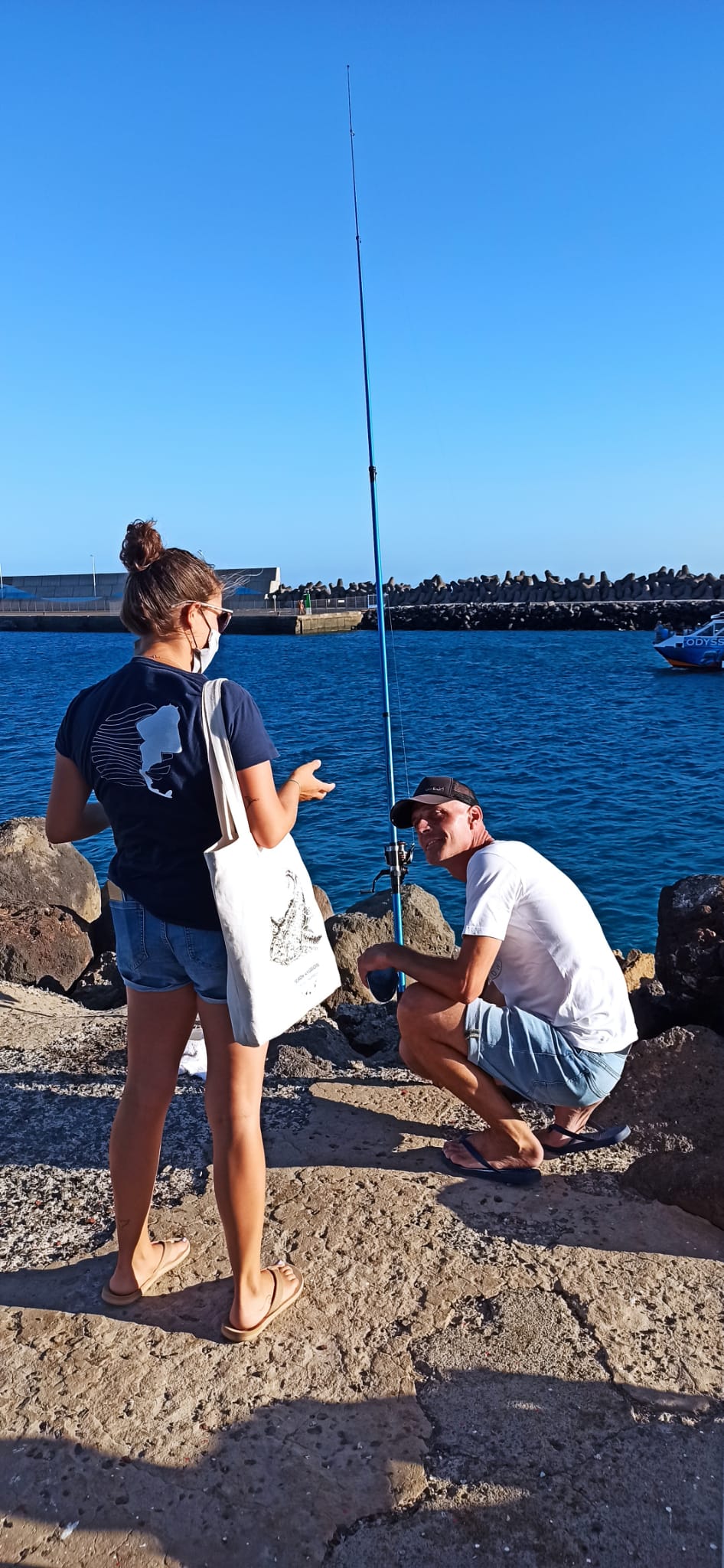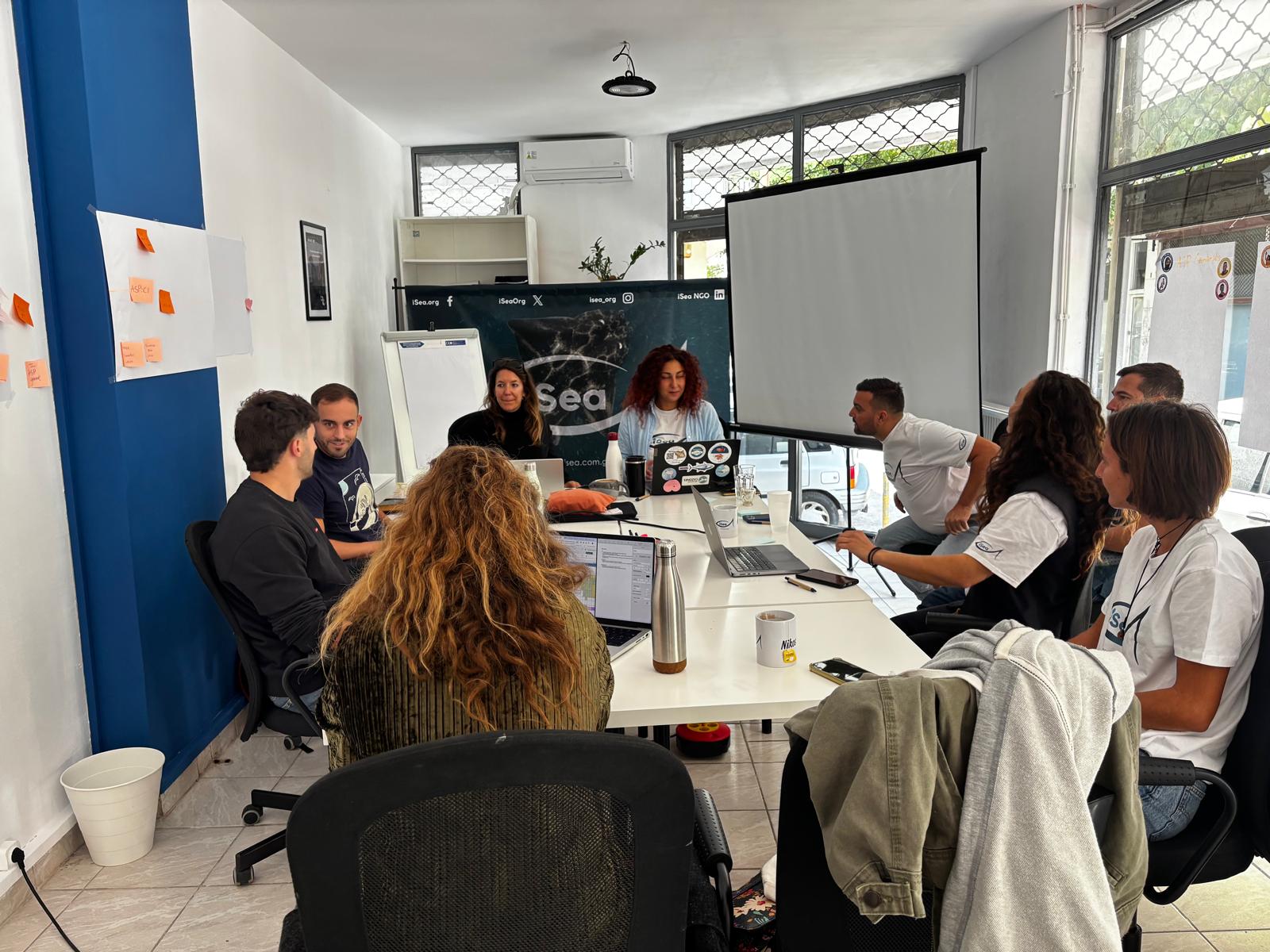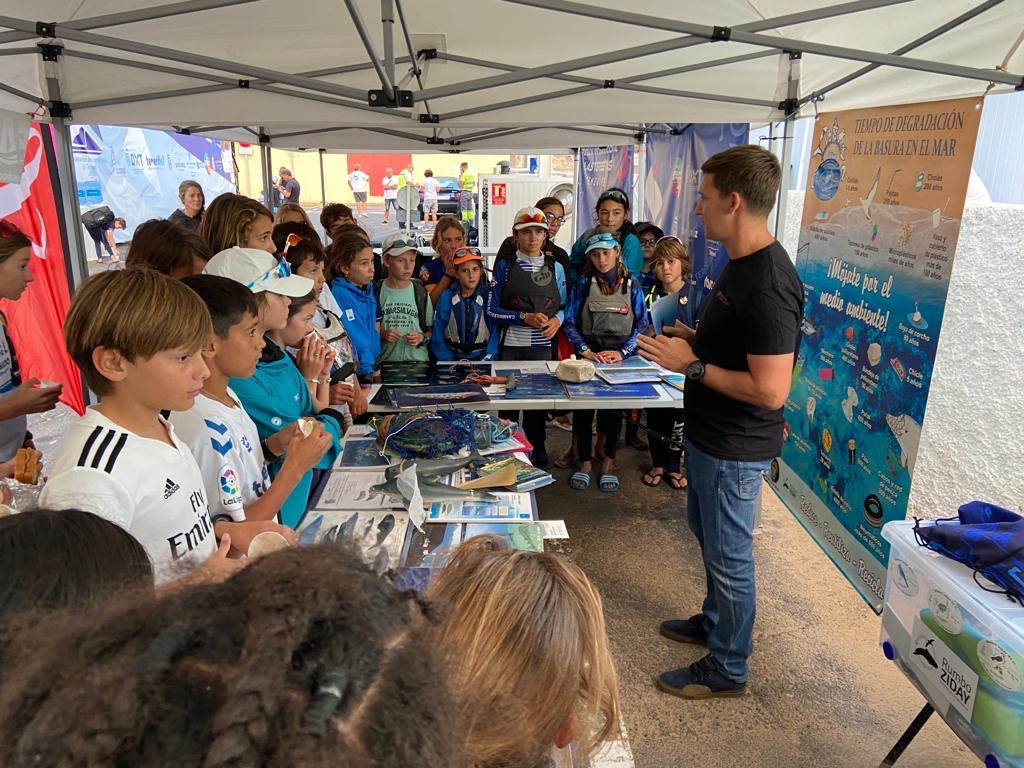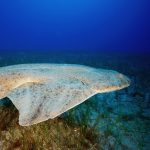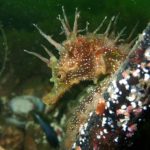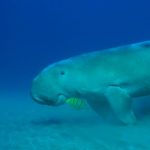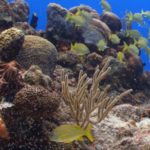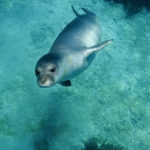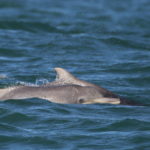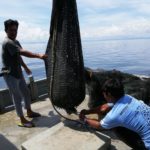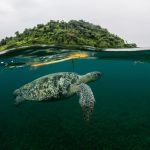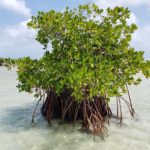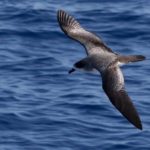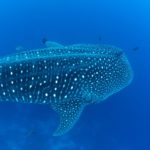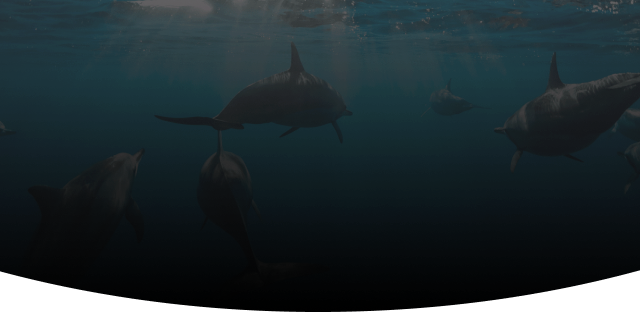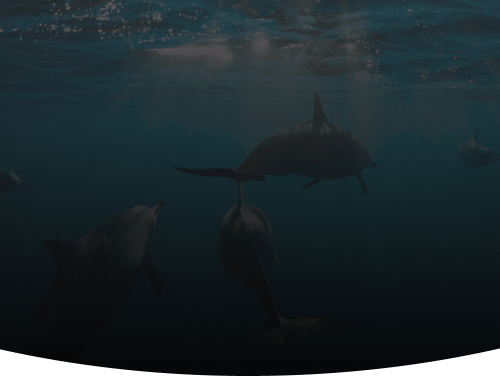Take Action
The Angel Shark Project (ASP) launched in the Canary Islands in 2014, recognizing the region as the largest known stronghold for the Critically Endangered angelshark (Squatina squatina). With populations worldwide facing drastic declines, the project’s founders identified an urgent need for protective measures. Rapid coastal development, often uninformed and unregulated, presents significant risks to angel shark habitats. Additionally, the islands’ strategic location and highly productive waters attract commercial fisheries, heightening the risk of angelsharks being caught as bycatch.
The ASP has fostered local pride and stewardship for this species, actively engaging scientists, fishers, scuba diving operators, and policymakers in developing and enforcing a national conservation action plan. Since its inception, the project has expanded internationally, establishing a network across seven countries to pool expertise and data in the effort to protect one of the world’s most endangered shark families.
What are we fundraising for?
• Scuba diving monitoring campaigns
Why:
• Monitoring of angelshark population health
• Better understanding threat impact to the population
• Asses the impact of the angelshark recovery plan
Sea the Work
Project budget
Yearly budget: 217.162,00€
Budget secured: 90%
69%
Worforce
10%
Fieldwork
5%
Awareness
7%
Community Capacitation
9%
Operations
Deep dive
In 2019, due to efforts led by the Angel Shark Project (ASP) and partners, the Spanish government added angel sharks to the regional List of endangered species, granting them the highest level of protection available in the country. However, as we know from similar projects worldwide, legal protection alone often doesn’t eliminate threats, as enforcement can be costly and complex. For true change to occur, shifts in behavior and mentality must come from within the community, where members hold themselves and others accountable. This is where the ASP has been crucial. Beyond helping enact legislation, they have embedded themselves within the local community, ensuring that the island population understands, values, and actively works to preserve these species.
Marine protected areas (MPAs) created to safeguard angel sharks could also bring significant benefits to the local economy. By protecting not only angel sharks but also other species, MPAs support the sustainability of fish stocks, essential for a fisheries-dependent economy. Additionally, the unique species attracts scuba divers from around the world, boosting tourism as divers seek the opportunity to observe these extraordinary sharks.
Angel sharks are EDGE species (Evolutionarily Distinct and Globally Endangered), meaning they are irreplaceable parts of Earth’s biodiversity. Losing them would result in the loss of their equally unique roles in the ecosystem, potentially disrupting the balance of nature. In other words, they have very few close relatives and are unlike most other animals on Earth. If they go extinct, we essentially lose a whole branch of the tree of life, including millions of years of evolutionary history. Protecting them is crucial for maintaining Earth’s biodiversity.
The Angel Shark Project monitors angel shark populations in the Canary Islands, conducting regular surveys to assess the status of populations across the Archipelago. They are also expanding their research to uncover behaviors and movement patterns critical to the effective protection strategies, such as area based management. As a long-standing organization, ASP has formed critical collaborations with local policymakers, ensuring that collected data translates into tangible conservation and management actions. Importantly, the team serves as a bridge between stakeholders—scuba divers, fishermen, and researchers—collecting data and sharing findings with policymakers. They also keep the community informed about progress and actions taken, ensuring locals remain engaged in conservation efforts. You can learn more about their scientific contributions, community engagement, and policy advancements below.
Their goal now is to expand their research area, strengthen stakeholder communication, and continue providing the government with long-term monitoring data that will enable informed decision-making.
The success and consistency of their work led to the creation of more regional projects in the Northeast Atlantic and Mediterranean Sea. The Angel Shark Project family connects scientists and conservationists from seven different countries where angel shark populations exist. In addition, the ASP is a founding partner of the Angel Shark Conservation Network (ASCN). Through this network, ASP promotes consistency in data collection, methodologies, and acts as a bridge between the science and policy interface, enabling more effective and coordinated protection of angel sharks on a global scale.
